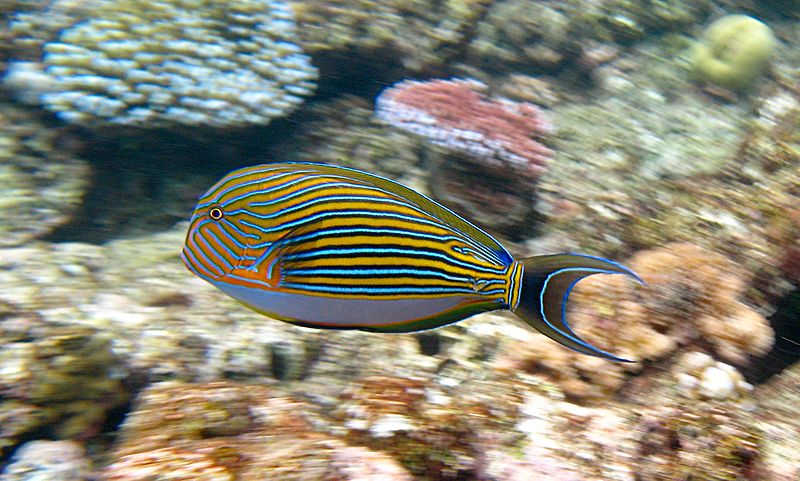Original story at Queensland Conservation
Queensland Conservation welcomes the “Changing our Bag Habits” program, which is being launched in front of the Samford IGA, in Samford Village at 11am this Saturday.
As of 13 July, Stamford will strive towards becoming a plastic bag free shopping environment, with participating retailers offering shoppers a free alternative to plastic bags during the transition.
Samford’s largest retailer, Drakes IGA is making the shift to IGA’s other environmentally friendly shopping bags. Other retailers will provide free re-used shopping bags and a fully compostable shopping bag for an introductory period. Some of Samford’s longtime environmentally friendly retailers, such as Four Seasons Organics will continue their plastic bag free practices.
So why has Samford decided to change their plastic bag community shopping habit?
On average, plastic bags are used for a minute, yet they take up to 1000 years to decompose and are responsible for the death of millions of animals, and for clogging and polluting our waterways.
Samford Project Coordinator, Howard Nielsen said, “People are well aware that using plastic bags is not a sustainably good idea, but remembering to bring shopping bags is a bit of a problem for all of us. So for an introductory period, alternate shopping bags will be made available, as well as a door-handle reminder sign.
To assist shoppers further, signs will be posted in public places and in participating retailers to explain how the “Changing our Bag Habits” program will work, Howard said.”
Bag alternatives are being provided courtesy of funds and other support from the Moreton Bay Regional Council, the Pine Rivers Climate Action Network, Samford Green Street, Samford Chamber of Commerce and the Samford Sustainability Hub.
Toby Hutcheon, Executive Director Queensland Conservation said, “Since we launched our ‘Plastic Bag Free Queensland’ campaign in October 2012, we continue to be encourage by communities such as Samford who get the message – this being that ‘Plastic Bags are wasteful and deadly’ and that they can be easily replaced with less harmful alternatives.”
Queensland Conservation continues to call on the Queensland Government to become a Plastic Bag Free State by 2015.
Pledge to go Plastic Bag Free in Queensland www.PlasticBagFreeQLD.com.au
For more information, contact the ‘Changing our Bag Habit’ Project Coordinator,
Howard Neilsen on 0407 190 162, or mail Howard@greenstreet.net.au.








